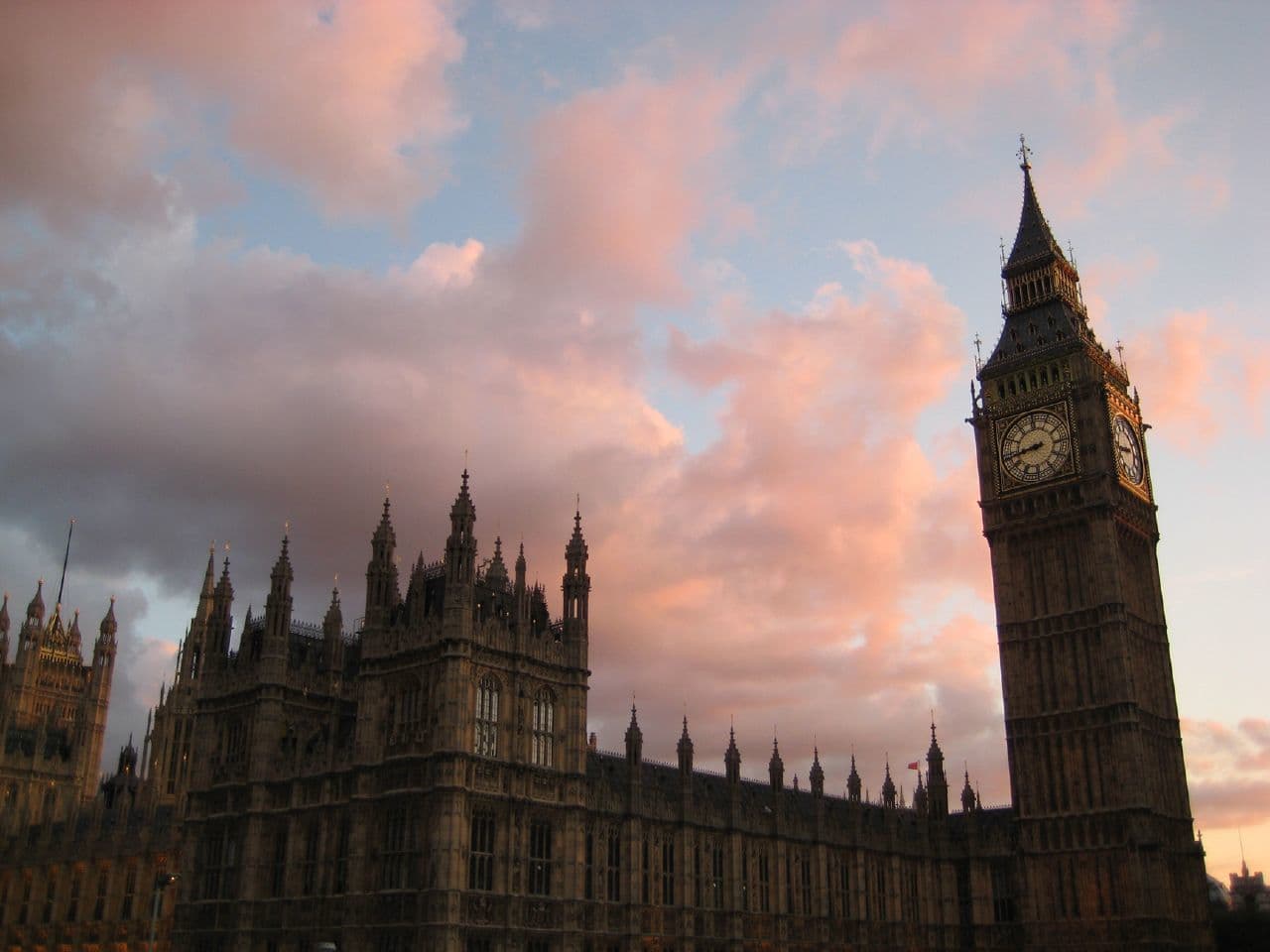
Analysis: Lords call for charity funding for investigative journalism
The House of Lords report pragmatic solutions for protecting investigative journalism
While big names and juicy details have poured out of the Leveson Inquiry, the House of Lords have quietly got on with a media project of their own. The Committee on Communications conducted a series of hearings into the future of investigative journalism – and the report, published today, contains some intriguing suggestions.
As part of a comprehensive analysis of the current state of investigative journalism, The Future of Investigative Journalism praises the Bureau as an innovative and ‘non-traditional’ model for providing such reporting, comparing it to US investigative non-profits like ProPublica.
The report acknowledges that ‘serious investigative reporting’ is an essential element of a healthy democracy, and that it is currently beset by ‘economic, legal and regulatory challenges’.
Of all these, the economic challenges are the most pressing. It’s a measure of just how serious they are that the Lords recommend the rules surrounding charitable purposes should be rewritten to include investigative journalism. Culture secretary Jeremy Hunt has refused to legislate around this, but the report calls on him to reverse this decision.
The report highlights the hurdles that have so far prevented the Bureau from achieving charitable status.
Dr David Levy of the Reuters Institute for the Study of Journalism explained that investigative reporting could be seen as ‘partisan or as running some kind of line and it might be more difficult to say that it complied with existing UK charity law’ – although it’s also hard to see how many mainstream charity campaigns are not partisan.
Meanwhile, the Charity Law Association pointed out that investigative reporting does not always offer ‘a reasonable expectation of a beneficial outcome’ – one of the requirements of charitable law – but added that the laws should be changed to explicitly include investigative journalism.
This isn’t the report’s only suggestion for new funding models: it also proposes a fund for investigative journalism and for training, made up of fines levied for breaches of the print and broadcast codes of practice by a beefed-up Press Complaints Commission and by Ofcom. At the moment, the report points out, fines levied by Ofcom go straight to the Treasury.
The vision of, say, a non-profit news agency funding a major investigative project, using money that was paid by a red-top because of a poorly judged sex scandal, has a certain piquancy. But, as the report admits, choosing which projects would receive the funding and ensuring money was being spent correctly would be a fraught process.
In the public interest
The committee takes a commendably nuanced view of when it’s acceptable for investigative journalists to break the law, highlighting the projects when deception – whether for undercover reporting, paying for the CD of MPs’ expenses data, or breaching privacy to find out key details – could be argued to be in the public interest. Paul Lewis of the Guardian points to the Panorama care homes story as a key instance of a story that could not have been obtained in a purely ‘above-board’ way.
The Lords suggest that the definition of what is in the public interest should remain fluid, but editors and reporters should adopt rigid processes for recording the processes by which they decided breaking the law was in the public interest.
Clearly, some organisations already have just such a system in place. Alan Rusbridger of the Guardian outlines his ‘five-bar’ process, step four of which is ‘a kind of audit trail’, while Al Anstey of Al Jazeera outlines ‘three levels of check and balance’. The Lords decide two steps is probably enough, but they recommend that this becomes a key part of decision-making within organisations.
The emphasis is on due process and considered lawbreaking where absolutely necessary. Meanwhile, the government should consider inserting a public interest defence into any new laws, while prosecuting authorities should ‘publish their broad approach’ as to when they would consider transgressions to be in the public interest.
But civil law can be just as effective for silencing investigative journalism, and the report glances over this, assuming the forthcoming Defamation Bill will tackle this effectively.
One of the most unexpected twists is the report’s treatment of the growth of PR: it calls for a stringent code of conduct for an industry that’s currently unregulated, and is particularly damning of political spin. The report calls on the Coalition to ensure ‘that their press releases are universally transparent and straightforward’.
It also picks up on the flaws in the government’s datastore – a common gripe among data reporters.
Given that the committee met in the fallout of the phone-hacking scandal – which the report calls ‘perhaps the greatest political media scandal of a generation’ – the Lords report is a welcome blast of Establishment support for investigative journalism. It celebrates the medium’s recent successes and underlines, again and again, how important it is as a mechanism for identifying wrongdoing and holding power to account.
It is hard to imagine the end result of the Leveson Inquiry: by now, it has become a sprawling beast devouring all aspects of media culture. By contrast, the Future of Investigative Journalism is a focused and reasonably thorough analysis of one form of journalism, containing some pragmatic advice.




